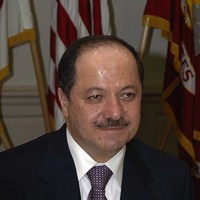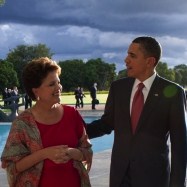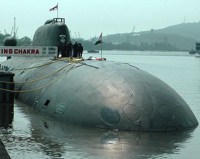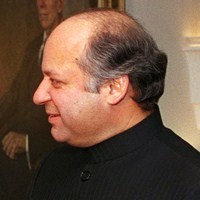
HASAKAH GOVERNORATE, Syria — The little Kurdish fighting position looks far more professional than what is usually seen in Syria. Instead of just a pile of sand for protection, it has proper fighting and communications trenches, sandbags and even a small tower at the far end for the machine gunner. Discipline is what distinguishes the People’s Protection Units (YPG) from the mainly Arab rebel groups the Kurdish militia is fighting in northeastern Syria. Traveling across Syria’s Kurdish-majority northeast, one is struck by the difference between the areas controlled by the YPG and its political master, the Democratic Union Party (PYD), […]
















